
For a country as vast, diverse and rapidly developing as India, governance is a challenge. That’s where new technological intervention becomes imperative to enable large-scale transformation and help in the implementation of ambitious government plans. Policymakers have been formulating innovative ways to usher in progress. And this is where a robust infrastructure and smart solutions to translate inspiring plans to reality is the need of the hour.
The complex nature of governance in India demands a holistic approach. The government has been spearheading radical digitization to induce economic inclusiveness and social transformation, through initiatives like, ‘Digital India’, ‘Make in India’ and Skill India.
Government is embracing innovation in technology to ensure good governance. It is expected from the Government and its associated bodies to be accountable, transparent, effective, efficient, and participatory and consensus oriented. The objective of any e-Government is to reduce administrative burdens for citizens and all users of public services and facilitate the administrative formalities. Facing new requirements of speed, availability and simplicity, the public sector must review their approach to service and internal procedures. The key aspects within the communication improvement process are to personalize the relationship with the citizen in order to increase his/her satisfaction (information provided once, reused in several administrative formalities).
India, as a result, is gearing up for an era of increased digitization, heralding the advent of Industry 4.0, powered by new-age technologies like the Internet of Things (IoT), Artificial Intelligence, Robotics and ERP.
ERP (Enterprise Resource Planning) is one such solution that has key functionalities built specifically to enable good governance across Municipalities, State, and Central Government levels. And Open Source ERP whose source code is publicly available for customization is widely used and most popular as it meets the user’s need and requirement.
Odoo also known as Open ERP was founded by Fabien Pinckaers in 2005. The word Odoo is the acronym of On-Demand Open Object and is a large collection of business-related applications and modules like CRM, Sales management, E-commerce, Warehouse management, Purchase management, Accounting suit, Manufacturing management, HRMS etc. Apart from its basic modules, Odoo has more than 14,000 third party Apps/Plugins available in its app store. Each of them is custom-built for different user needs. Today, Odoo is one of the widely used open-source ERP solutions in the market.
When the Government is looking for an integrated intervention to manage the system, Odoo can provide a unique combination of technical quality, feature coverage, and open-source values. Specifically, it can assist Government Ministries and Departments in reaching out to the citizens, convey newly launched programs and policies, provide better accountability, ensure transparency, reduce corruption and drive & employ advantageous policies. Whether it is Government to Citizen (G2C), Government to Employee (G2E), Government to Government (G2G) or Government to Business (G2B), Odoo provides the best possible solution and a durable system with fairly reasonable costs.
From the simplest standard implementation to sophisticated on-site or cloud deployments, including custom development and integration, Odoo is the best possible solution that meets any Government goals and constraints.
The agile methodology is tailored to the specific needs that cover all the aspects of the project lifecycle from requirements gathering; identification of existing solutions and challenging assumptions; prototyping of sensitive aspects of the solution; configuration; iterative implementation with frequent delivery of working features; development of custom modules; testing and quality assurance to support and maintenance.










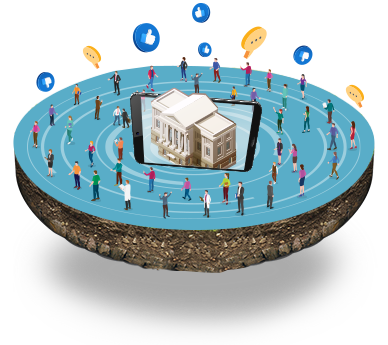






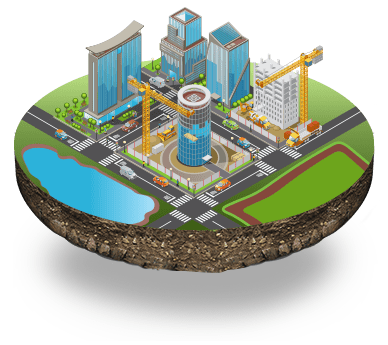

















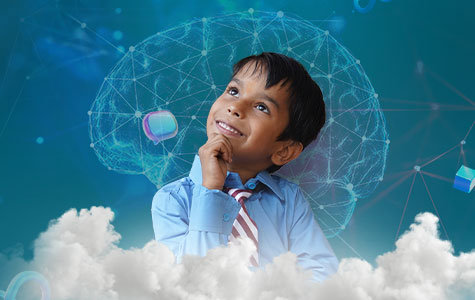
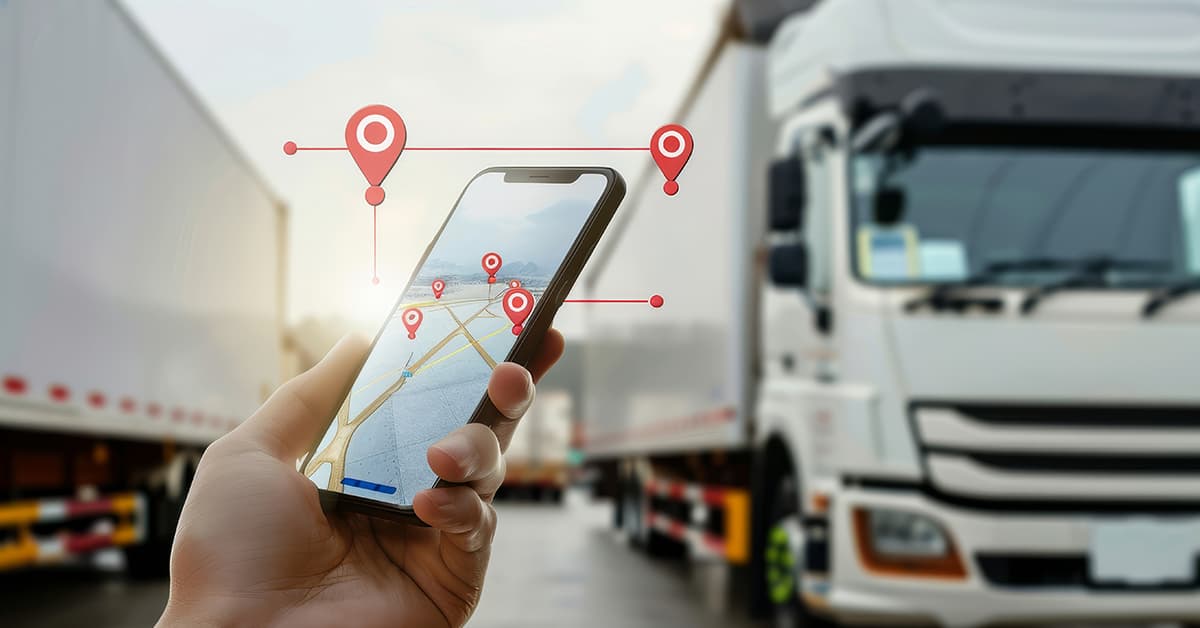
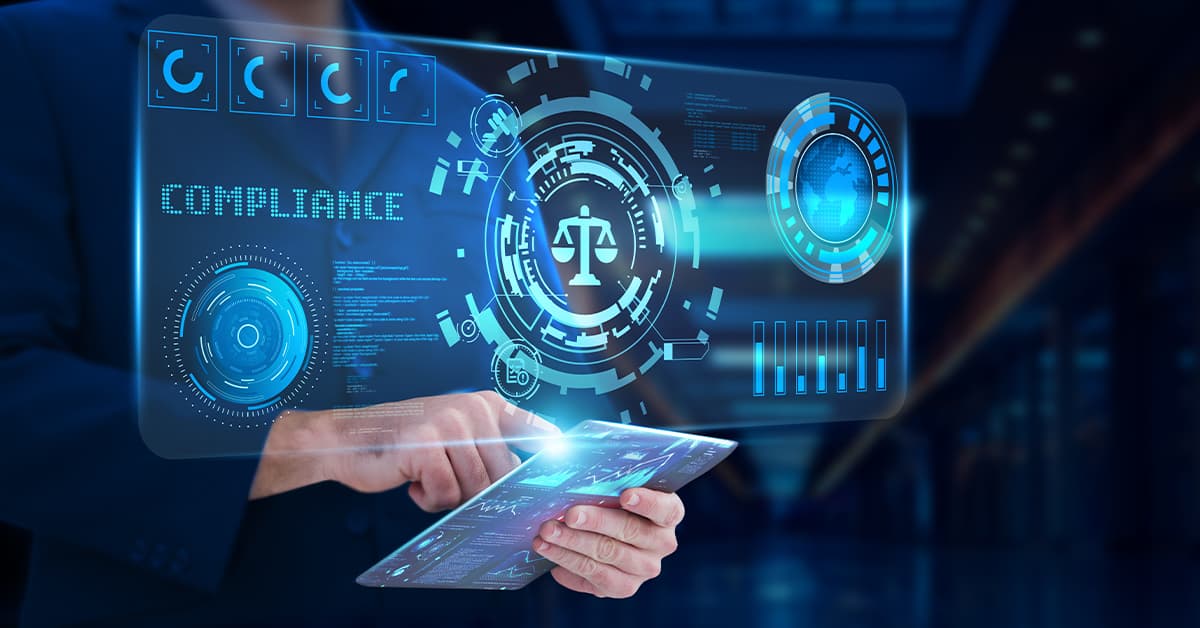
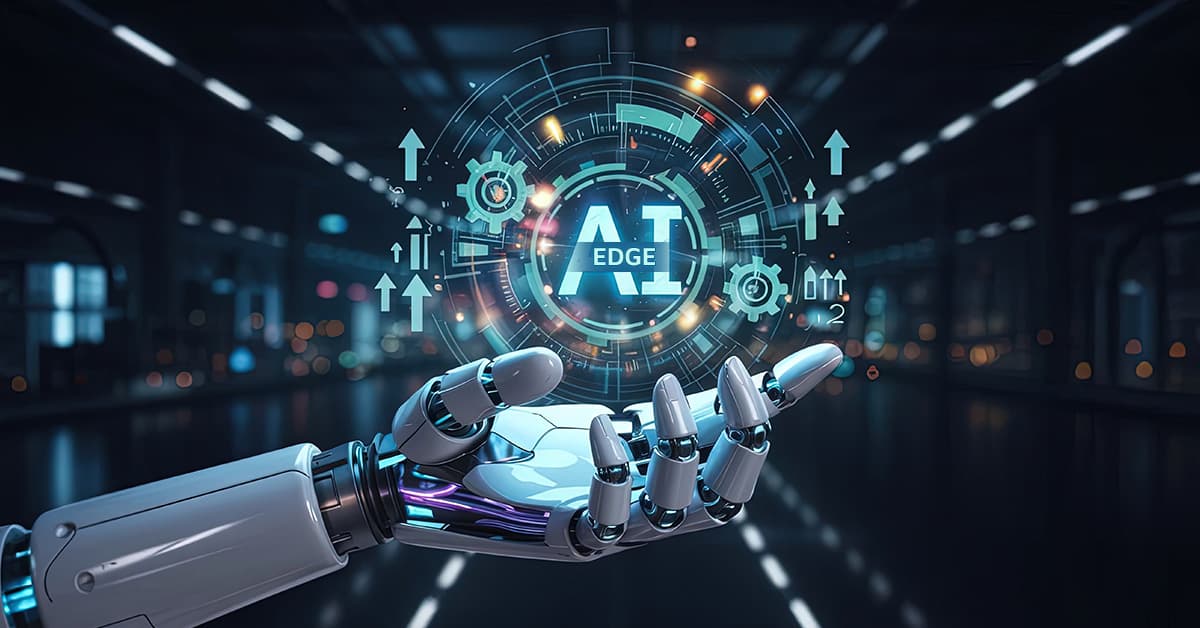
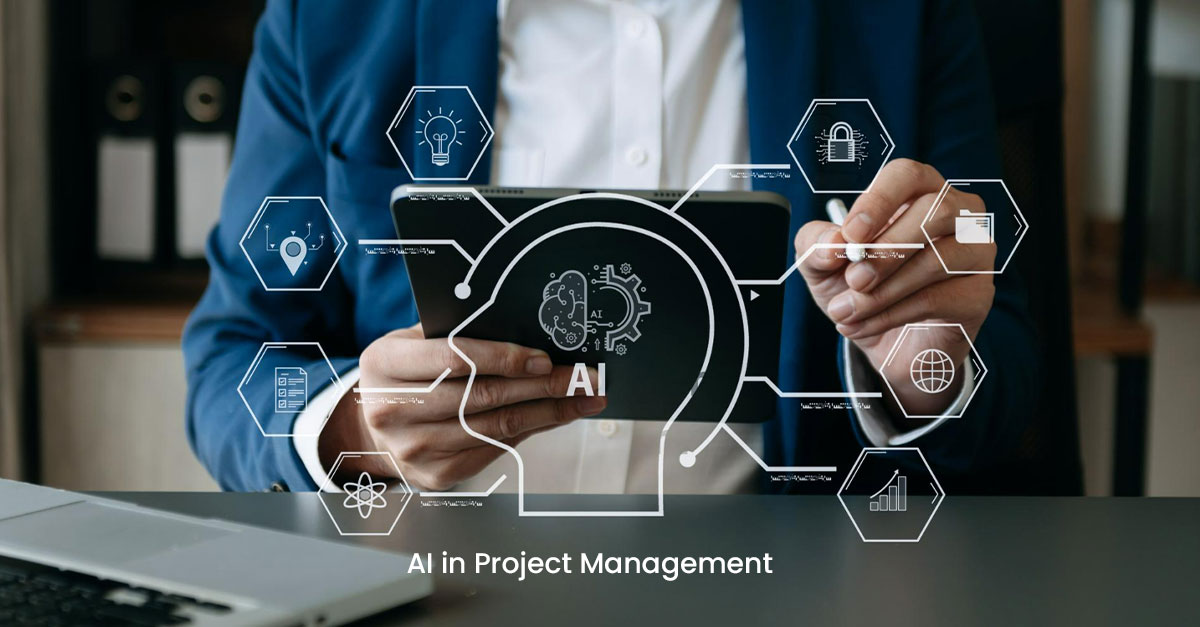
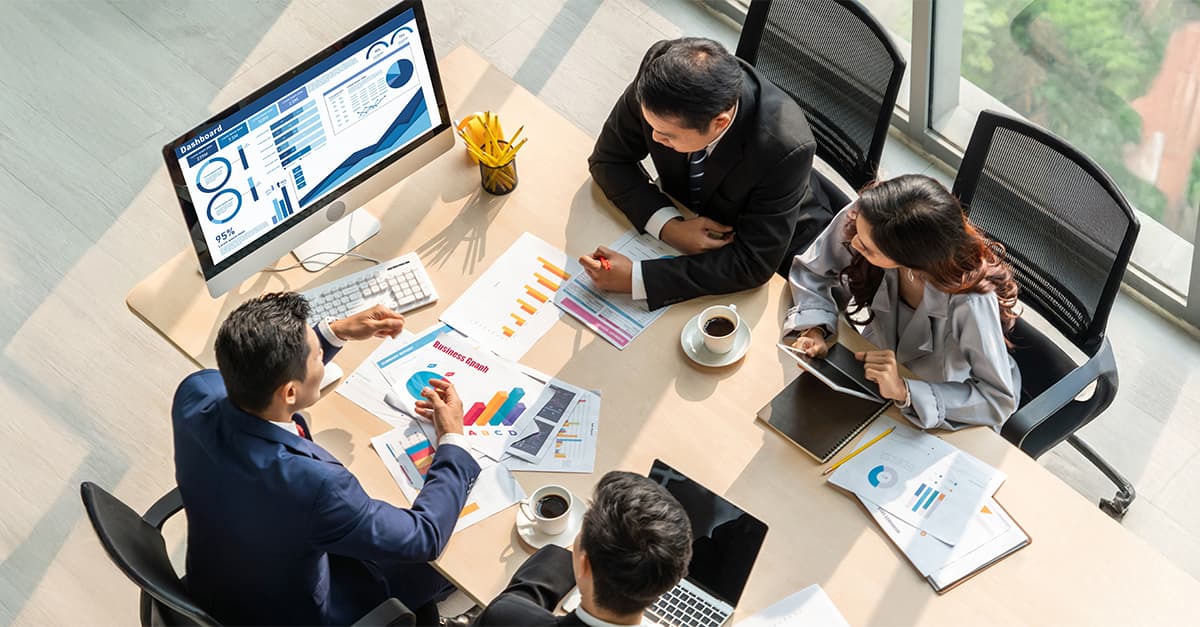
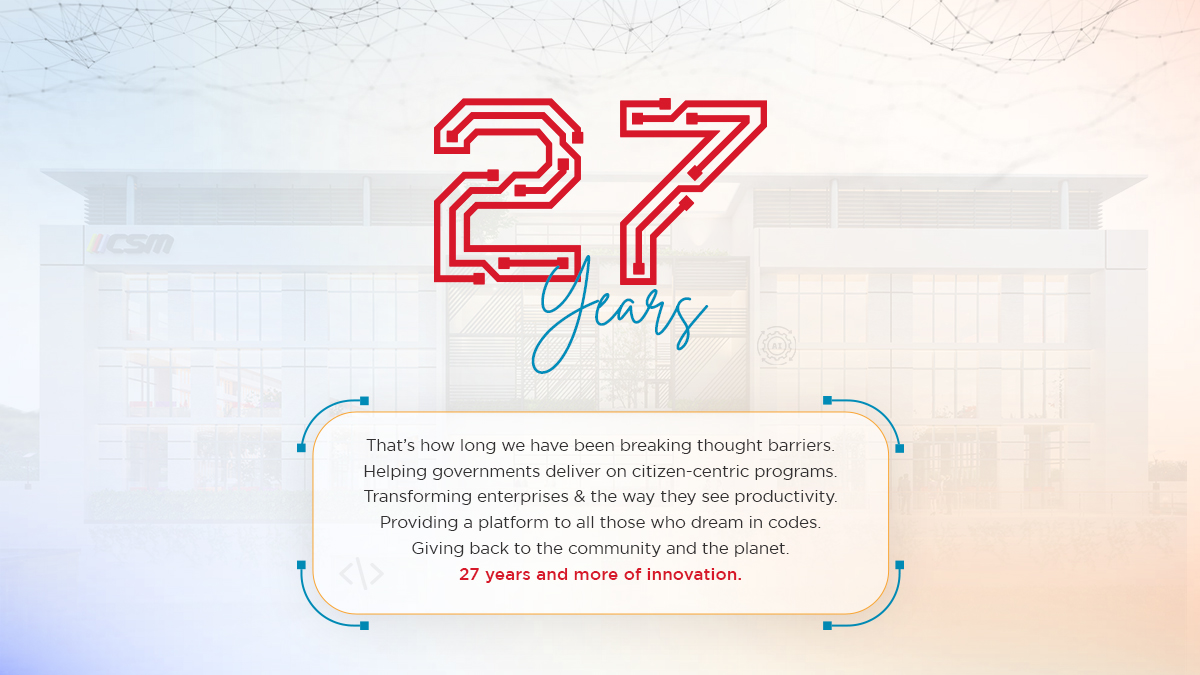
















We will verify and publish your comment soon.